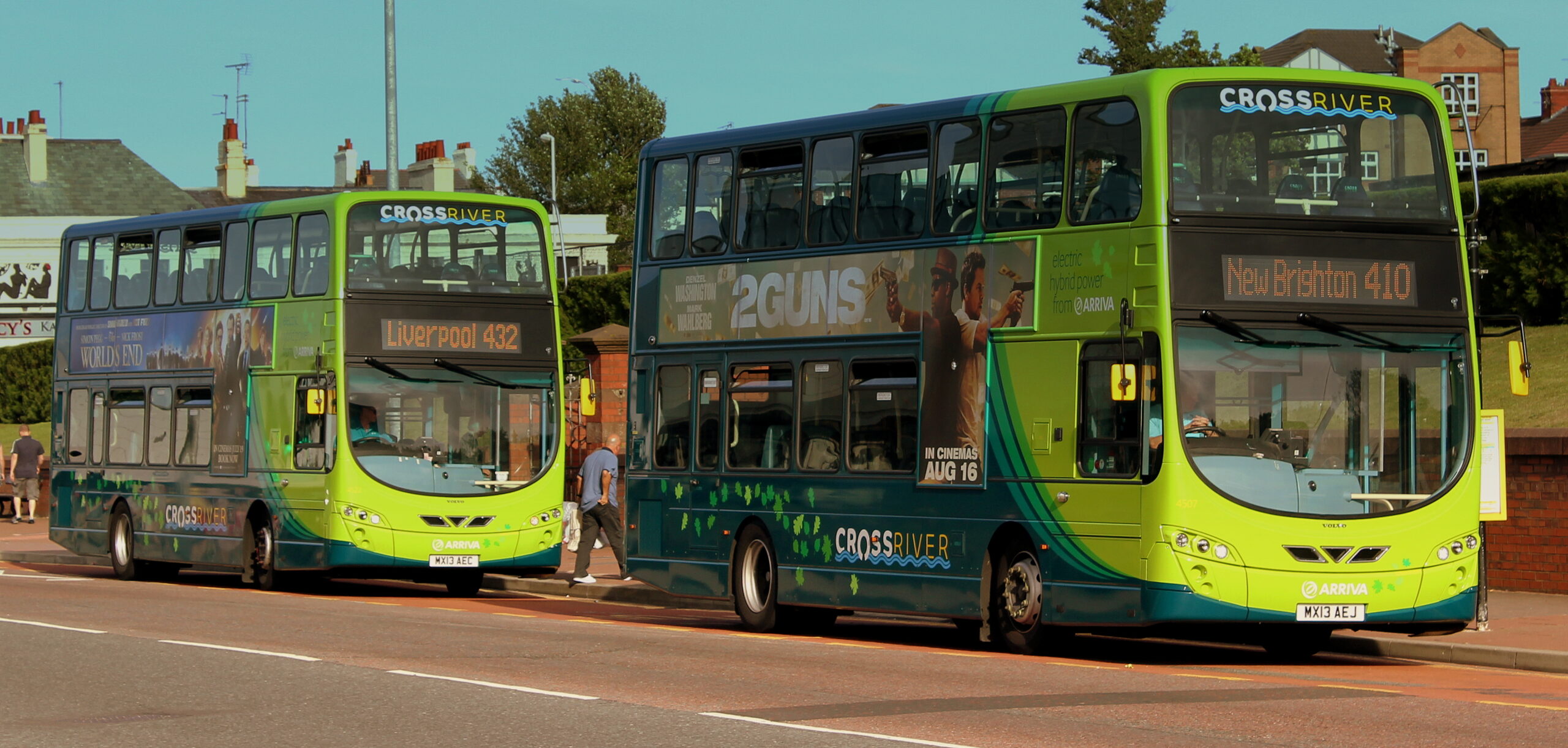CWI member Northern Ireland
Wrightbus is one of the last remaining bus manufacturers in the UK. It produced the Routemaster, also known as the Boris bus, for the London Transport Authority.
The company was enjoying huge levels of growth in recent years – boosted not just by the contract to supply the Routemaster, but the additional fleet demands associated with legislation which mandated buses to be disability accessible.
With the passing of the peak of new bus demand, the company’s finances tightened – a situation made much more difficult by the amount of profits being taken out of the accounts by owners, the Wright family.
Chief Executive Jeff Wright doubles as a pastor in the Green Pastures church located next to the main Wrightbus site. He is said to have a throne in the church. Financial reports circulated in the aftermath of the company’s collapse confirm that more than £16 million has been transferred to Green Pastures over recent years – most recently as part of a build project.
While the finances were squeezed by these factors, the company invested in bringing forward new hydrogen-powered bus technology and was recently awarded an initial contract to supply local public transport provider, Translink, with six experimental hydrogen buses.
With the consequent demand for working capital, the company suffered a severe cashflow crisis leaving it unable to pay workers their wages at the end of September.
Desperate attempts to find alternative buyers came to nought as the family – who own the land on which the factory is built under a different company, which is not in administration – sought to obtain too high a price for its sale or lease from potential buyers.
The result was experienced by workers on the morning of 25 September when they were informed that, as the company had entered administration they were to be made redundant.
The workforce decided to leave and hold a meeting outside the factory after Unite union officials were barred from entry (no doubt fearing a repeat of the Harland and Wolff occupation).
The reaction among workers as they milled on the car park was anger and disgust. This came to a head as the founder of the company William Wright came to explain that the closure was caused by the bank. He was directly challenged by workers who told him that he no longer owned them.
On the following Sunday, approximately 100 workers organised a spontaneous but silent protest outside the Green Pastures church, leaving their work clothing on the fence surrounding the building.
The workers’ union Unite has organised a mass rally in the Ballymena United football grounds for Wednesday 2 October, with a march and rally for the following Friday. The union has raised the demand for the workplace to be nationalised and provided investment as a means to deliver renewable-powered buses. But as yet none of the main political parties has backed that call.
The union has also demanded that the Wright family hand the land back to the local community, and remove obstacles to potential buyers coming in to reopen the site and allow a return to work.
The focus of these rallies and marches are sure to keep the pressure on. As will the announcement that after ten weeks of a workers’ occupation of Harland and Wolff, a buyer has been found who is promising to re-employ the workforce and invest to expand production on site.








